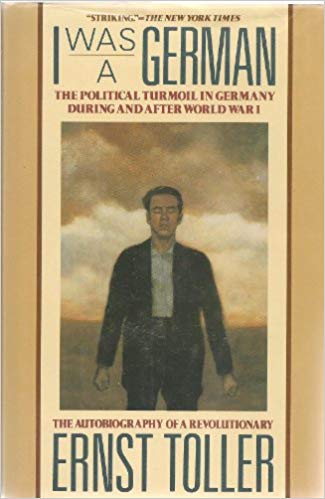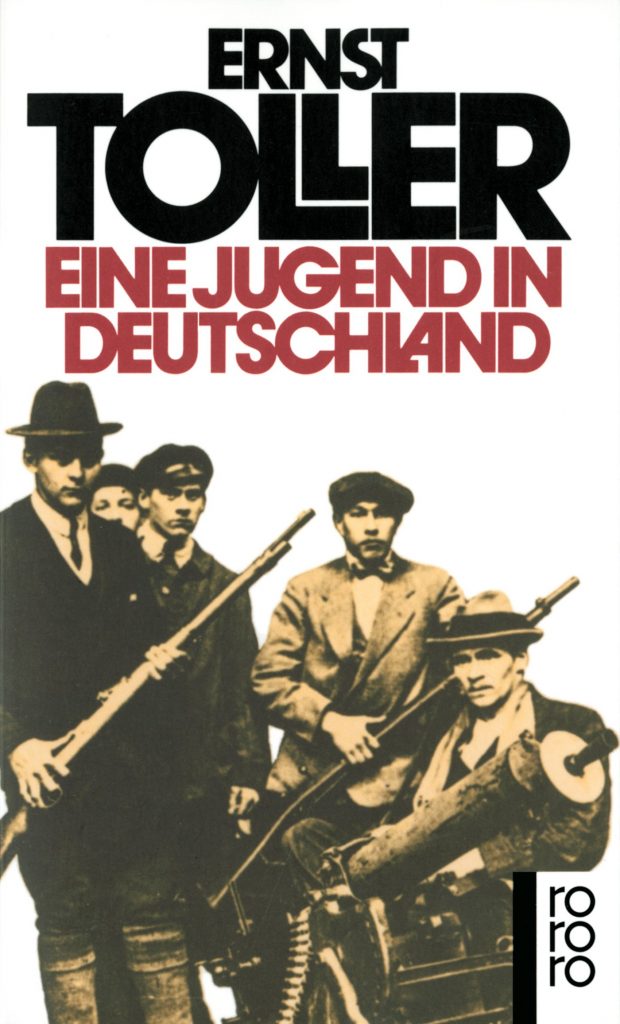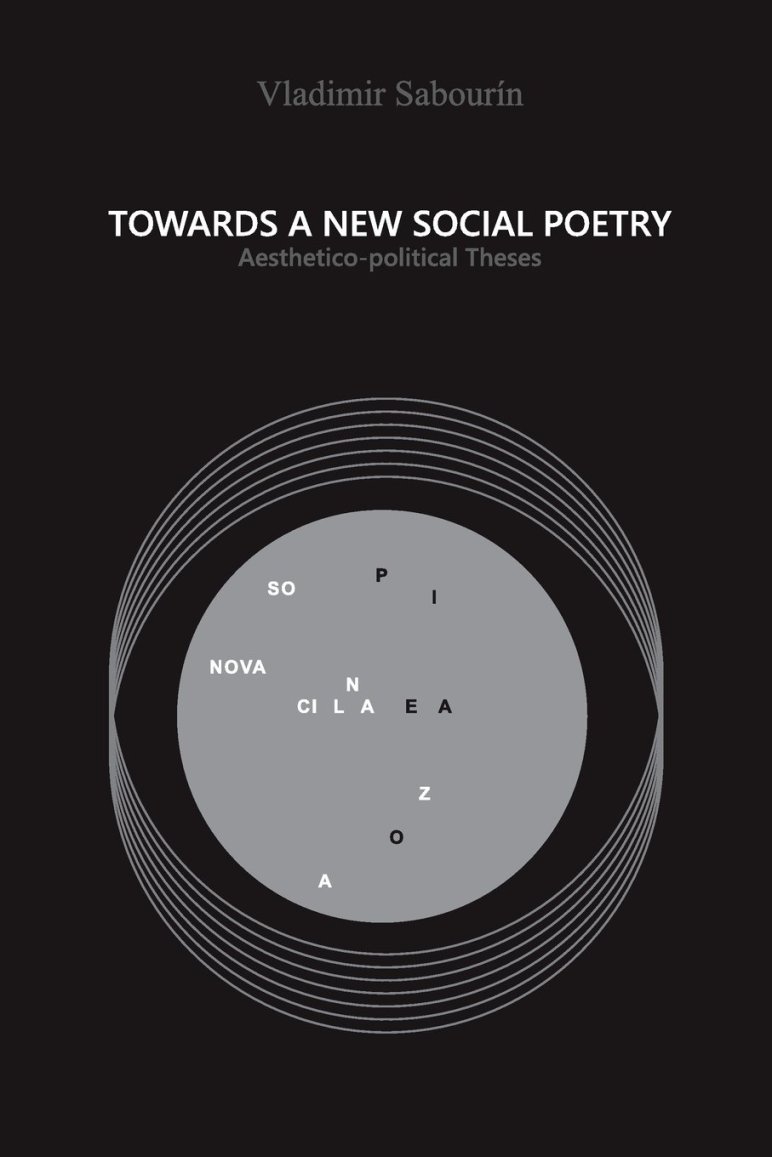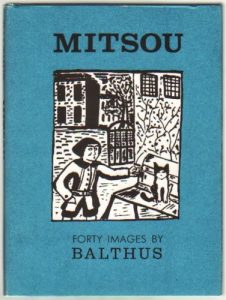The plays by Ernst Toller are occasionally still performed on stage, his poetry, however, is little read today. In the years after the end of WWI he was a celebrity and not just for literary reasons. The best-known book by him today is his autobiographical I was a German (Eine Jugend in Deutschland), which I discuss here. It was originally published in 1933 by Querido, one of the most important publishing houses for exiled German authors; one year later an English-language edition was printed by Paragon in New York.
Toller was born in 1893 in Samochin (today Samoczin), a small town north of Poznan, which belongs since 1921 to Poland. This region was characterized by a centuries-long coexistence of Germans, Poles and Jews. At the time of Toller’s birth, the city was already marked by a strong antagonism between mostly Protestant Germans and Catholic Poles; the Jews in the region were predominantly pro-German and usually identified very strongly with Prussia and with German culture. In the description of his childhood, Toller mentions that even as a child he was aware of this division of local society – the Poles were usually very poor and often did the physically hardest work. Among the Polish boys of his age, he had only one friend; he writes how he often had lunch at the family of this friend, where he noticed the poor diet; nevertheless the big family always shared without hesitation the little they had with an additional eater. This early experience of class differences and correspondingly divergent life perspectives should later become very important for Toller.
Toller, who showed already in school literary and poetic talent, was interested in French culture at an early age, an interest that was also reinforced by a French exchange teacher whom most other teachers at his school suspected of being a French spy, without reason as we can assume.
Despite the early death of his father Toller could complete his school education and he started to study in France, shortly before the beginning of WWI. However, he took little interest in attending lessons and spent most of his time in the circle of other German-speaking students. If you want to get an idea of what an average student life of a foreigner at a French university looked like before the First World War, you will read the corresponding chapter with great interest. Particularly interesting is the description of rising tensions immediately before the outbreak of war, the strange atmosphere in which the majority of Germans in France considered a war to be very unlikely.
If one speaks of a key experience for Toller, one which shaped his future life and work, this was undoubtedly WWI, more precisely, the trench warfare on the Western Front in France. Like many others, Toller volunteered with some enthusiasm and optimism, but the terrible experiences in the trenches changed his attitude very quickly. He describes as particularly repugnant the inhumane propaganda of the domestic media, which denies the French enemy any humanity; At the same time he sees this as an insult and a degradation of the German frontline soldiers, who share the same experiences in the trenches with their French counterparts. One day, when repairing a ditch, he stumbles upon the remains of a human body, of which he does not know whether he was once a Frenchman or a German; and it does not really matter. The remains belong in any case to a man whose life was ended much too early by a war that Toller now finds pointless and completely wrong. Toller, who slowly admits his opposition to the war, wants to get away from the trenches and volunteers for the Air Force. Finally, a serious illness leads to his dismissal as unfit for military service and he can resume his university studies.
At the university, he encounters war cripples, a surprisingly big number of female students and professors, who are torn between national chauvinism and skepticism. By now most people realize that Germany can not win the war; the nutrition situation is getting from bad to worse. Turnip becomes a major food source. In this slowly changing atmosphere, a large conference organized by leading scientists and intellectuals, is held at Lauenstein Castle; Toller takes part in this event alongside many other students, but also professors, intellectuals, poets and supporters of the Lebensreform movement. The participants discuss their vision of Germany’s future. It quickly becomes clear that the restorative forces have the upper hand in this event. Romantic and backward-looking ideas of state far from a democratic society are preferred by the majority of participants; a real signal of departure for which Toller is waiting, is not coming. Toller is severely disappointed, but receives encouragement by the famous sociologist and economist Max Weber and the poet Richard Dehmel, who seek a real change in Germany and work towards the abolition of the authoritarian state and the monarchy.
The same period sees also an increased productivity of the author Toller and meetings with prominent colleagues, such as Rilke or Thomas Mann. Mann invites the by then almost unknown Toller to his home and is helping him editing texts. He is also providing valuable advice for his writing, something very encouraging for Toller. He mentions it in his autobiographical book with great gratitude.
Toller is tired of talking and wants to see actions that are geared towards ending the war. He joins the war opponent Kurt Eisner, who is trying to organize a strike of workers in the armaments industry. Toller is briefly arrested and locked up in a lunatic asylum.
The end of the war finally comes in November 1918. The sailors in Kiel and other port cities mutiny and refuse to follow orders, within a short time large parts of the army join, the emperor flees, the whole system is collapsing, the war is over. In this confusion Kurt Eisner proclaims in Munich the People’s State of Bavaria, a socialist Republic, supported by the leftist Independent Socialists (USPD), and the anarchists, who are traditionally very strong in the Bavarian capital. (The Communists refuse to join the revolution!) Eisner is elected Prime Minister, Toller is his right-hand man.
What follows in the next few weeks, is one of the most turbulent episodes of German history of the 20th century. While the government led by Social Democrats in Berlin enters into a pact with right-wing Freikorps to forcefully overthrow the Bavarian government in Munich, the writers, bohemians and anarchists (including the Freigeld theorist Silvio Gesell) prove to be largely ineffective to form an orderly cabinet. One example: the first action of one of the newly appointed ministers is to send telegrams to the Pope and Lenin, in which he complains that his predecessor has taken the toilet key! The good man is later transferred from his office to the care of a psychiatric clinic.
In the meantime, the Communists are also trying to come to power by overthrowing the Eisner government. In this confusion Kurt Eisner is assassinated by a far-right extremist and anti-Semite, Graf Arco. Toller becomes Head of State of the People’s State of Bavaria for a few days. He is 25 years old by now. The Communists, led by the Russian Eugen Leviné, seize power after a coup d’état and proclaim the Bavarian Soviet Republic. In the meantime, the Freikorps units – some of them already using the Swastika – march towards Munich. Toller tries everything to prevent a bloodbath on a large scale, which would be the result if it would come to battles between the Bavarian Red Army and the Freikorps.
It is known from history books that the revolutionary Munich episode was crushed with extreme brutality. Hundreds, if not thousands, of unarmed supporters of the left parties were shot on the streets of Muncih or simply beaten to death when the Freikorps marched in. Even today, 100 years later, it is hardly bearable to read Toller’s account of the murder of the pacifist Jewish writer Gustav Landauer, who was in police custody; In other cases, prisoners were “shot while fleeing”; a Munich publisher later boasted how he “shot down captive revolutionaries like rabbits”. Many of those who excel in murders later reappear under the banner of the Nazis.
Toller is able to hide for a while during these days with the help of friends. He is wanted for “high treason”. For a while he finds shelter with the actress Tilla Durieux (in the book her name is not mentioned; Toller only calls her “my friend” to protect her from persecution and slanderous allegations); Rilke also offers his help. In the apartment of a couple that hid him at great risk for themselves, he is finally caught. The Freikorps soldiers decide to murder him on the street together with several other prisoners, but in the last moment an “official” policeman prevents the worst.
The last part of Toller’s autobiographical book describes his time in various Bavarian prisons. He rejects a personal amnesty from the Bavarian government in 1920, as long as even one of his fellow revolutionaries was exempt from the amnesty. A defining characteristic of the Weimar Republic’s judiciary was that it often allowed violent offenders from the right-wing milieu to go unpunished, even for murders, whereas socialists or communists often received the most severe punishments for minor offenses. A fact that the statistician Emil Josef Gumbel has also clearly proven in his publications. The anarchist Erich Mühsam for example received a ten-year prison sentence, although, according to today’s legal understanding, he had not committed any criminal offense, while the putschist Hitler, on the other hand, received a minimal sentence, which he had quickly served in privileged conditions. It is no coincidence that Toller’s first depressive relapses fall into this period. He committed suicide in a New York hotel in 1940.
I was a German is still an astonishingly fresh confession of a man who became a fighter against war and for social justice as a result of personal experiences and inspiring meetings with some remarkable personalities. An important book, worth reading!


Ernst Toller: I was a German, Paragon (Tr. Edward Crankshank); Eine Jugend in Deutschland, Rowohlt
© Thomas Hübner and Mytwostotinki, 2014-9. Unauthorized use and/or duplication of this material without expressed and written permission from this blog’s author and/or owner is strictly prohibited. Excerpts and links may be used, provided that full and clear credit is given to Thomas Hübner and Mytwostotinki with appropriate and specific direction to the original content.







 Facebook
Facebook RSS
RSS Twitter
Twitter